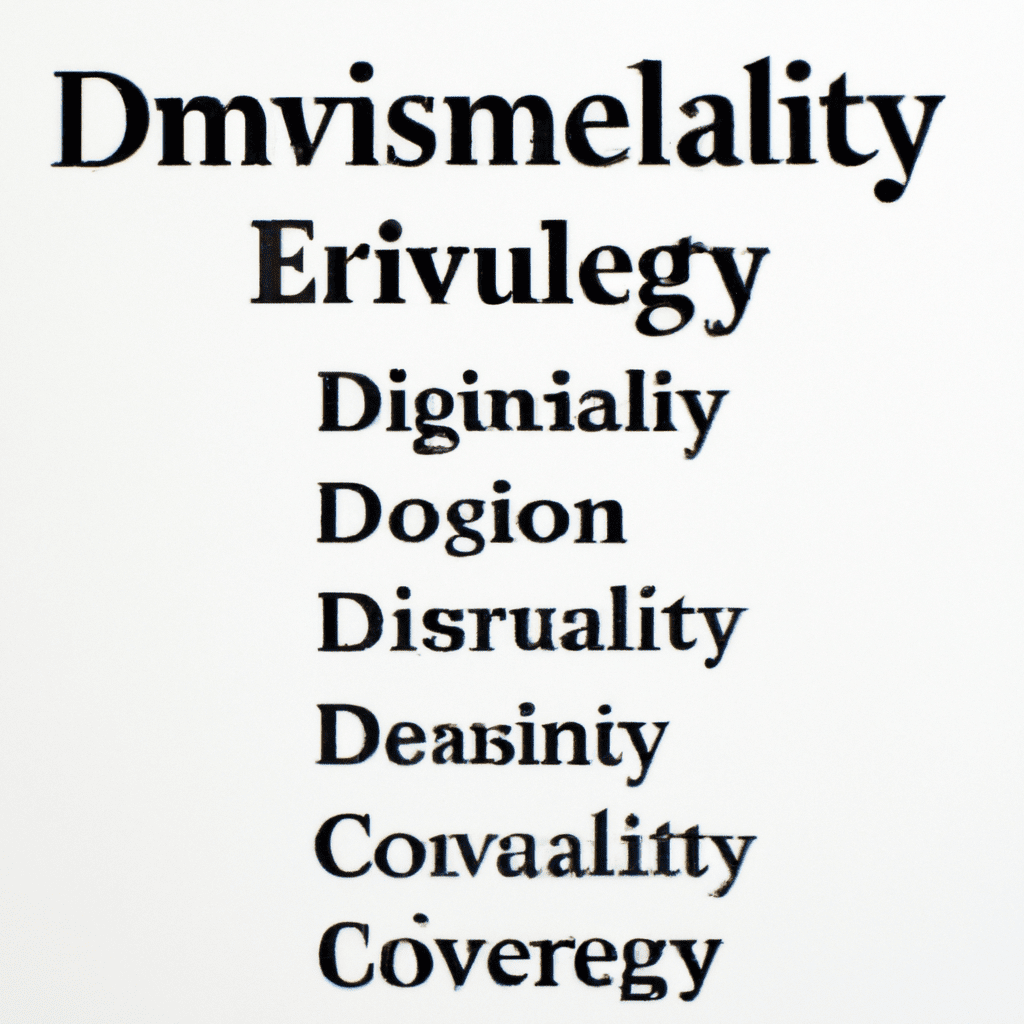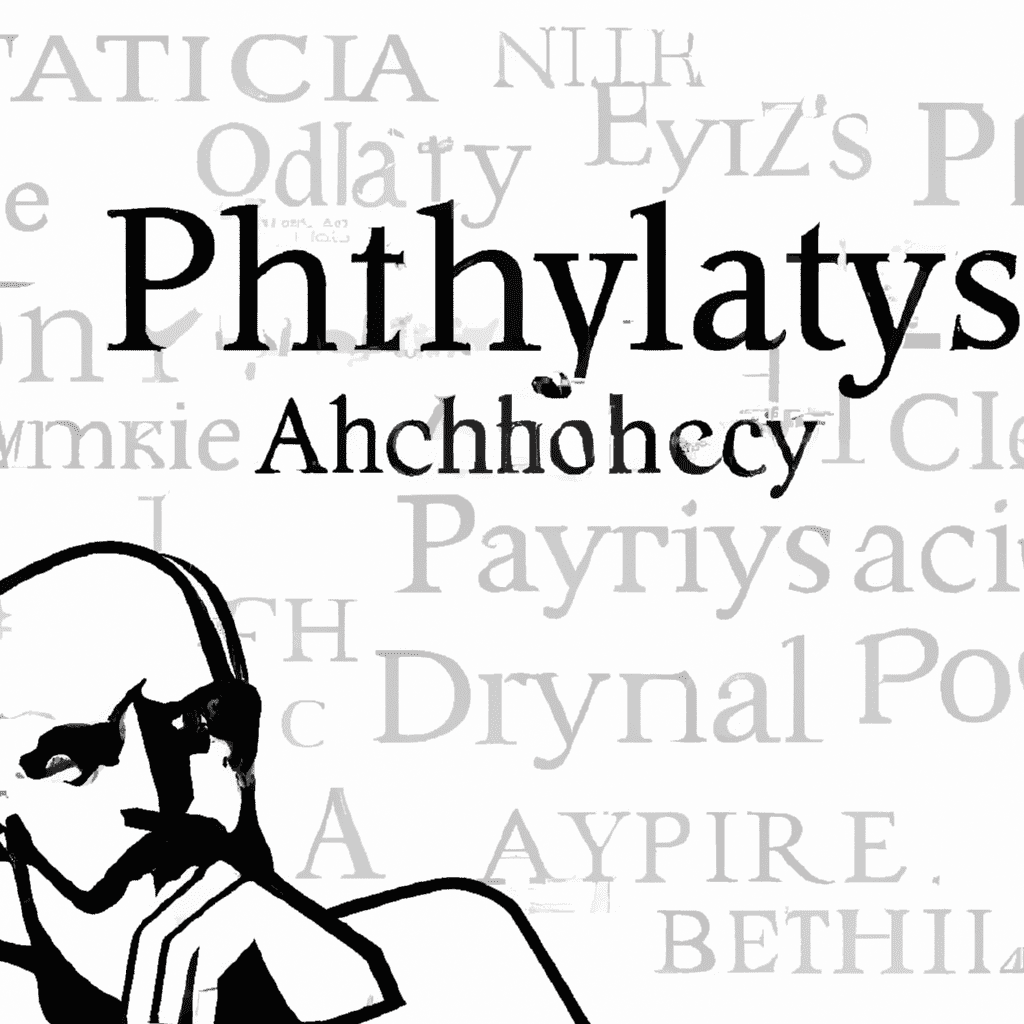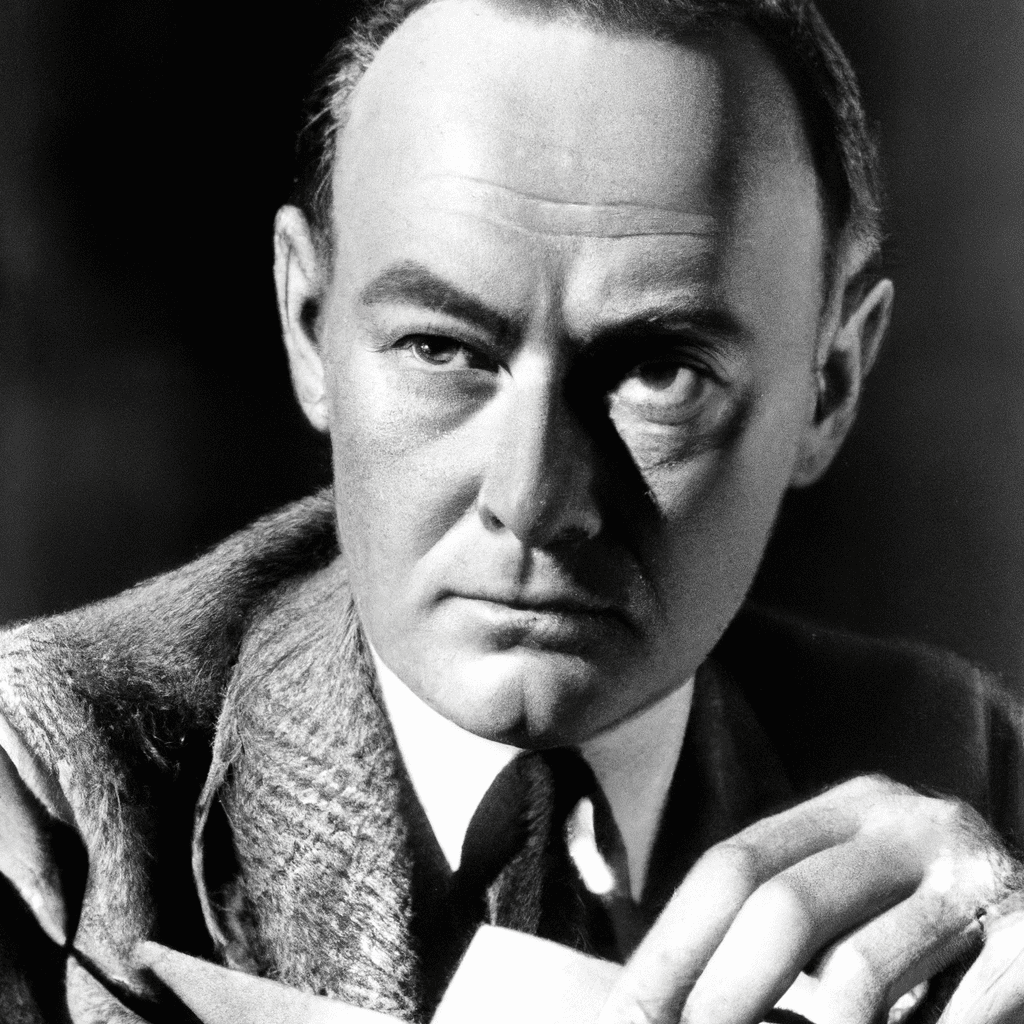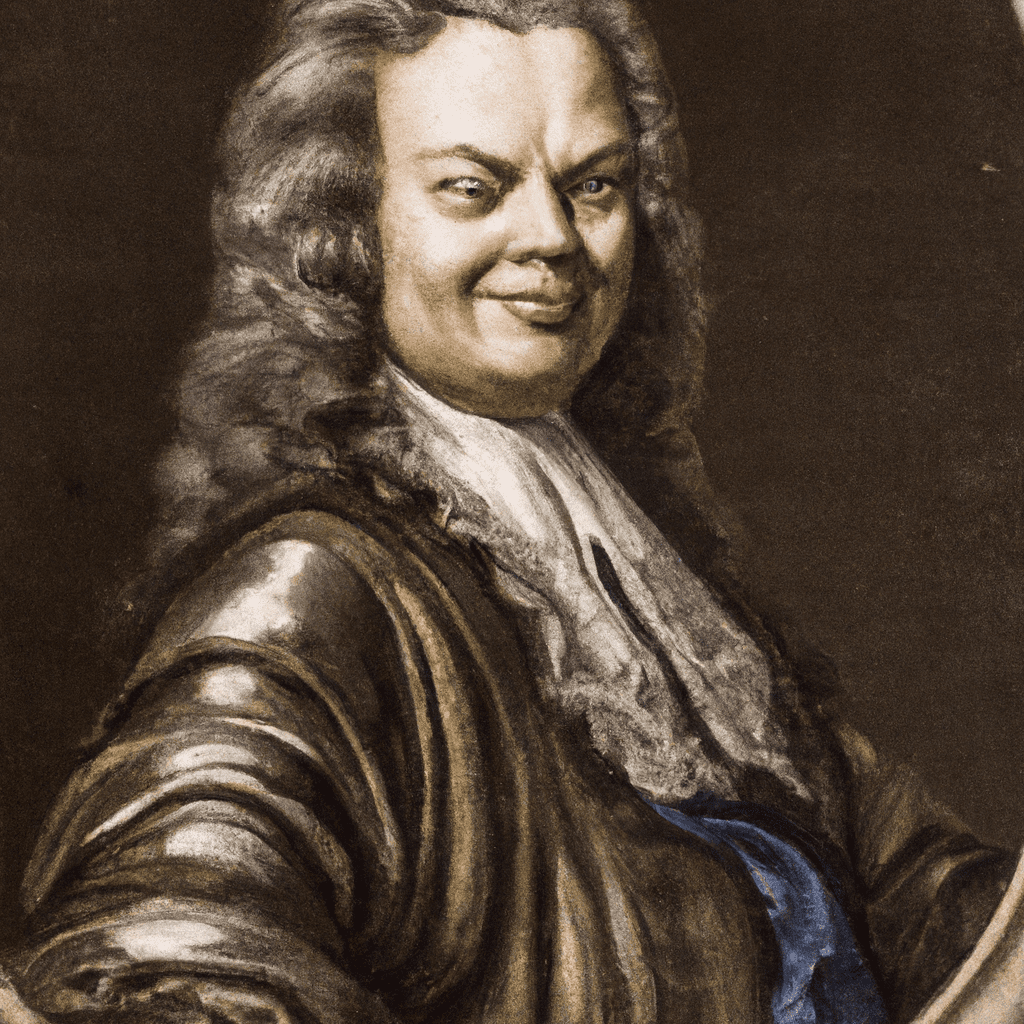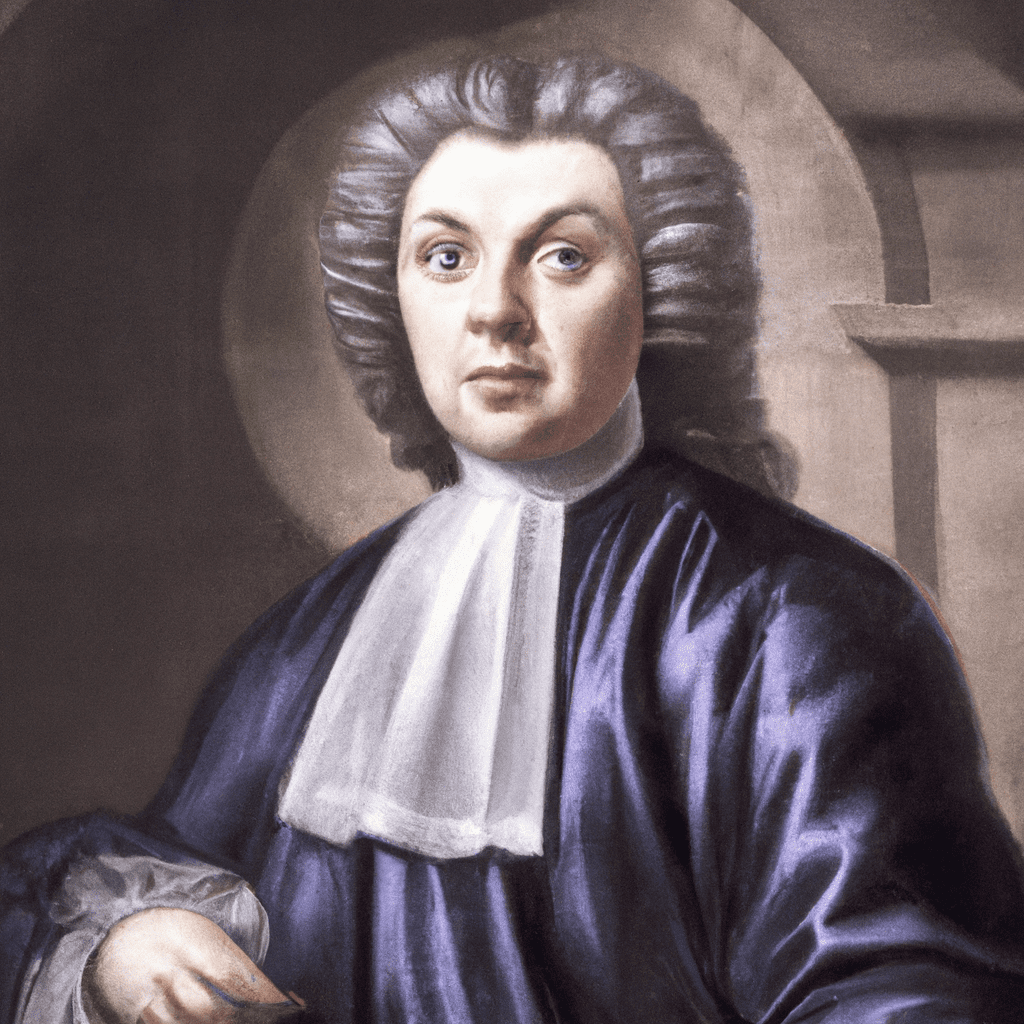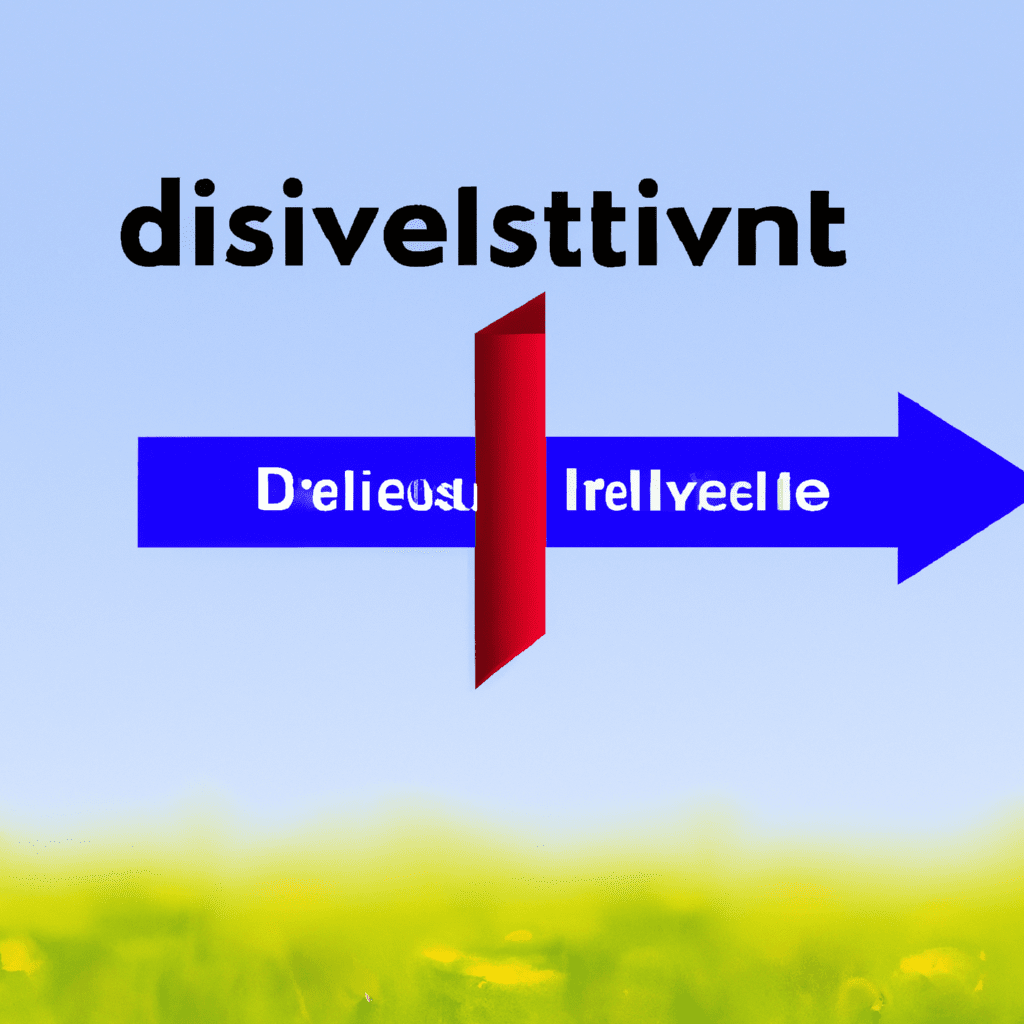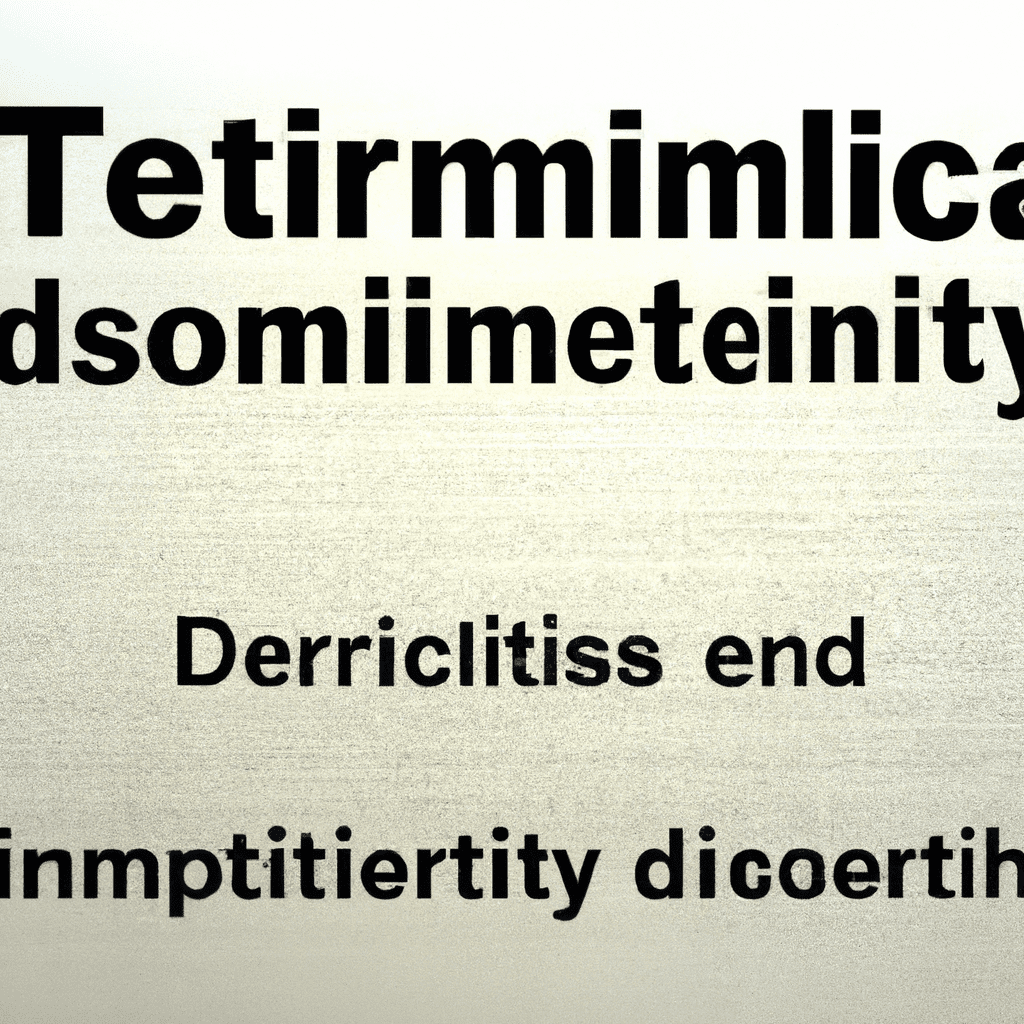Artificial Intelligence Artificial intelligence (AI) would be the possession of intelligence, or the exercise of thought, by machines such as computers. Philosophically, the main AI question is “Can there be such?” or, as Alan Turing…
Browsing CategoryWiki Filosofía
George Edward Moore (1873—1958)
George Edward Moore (1873—1958) G. E. Moore was a highly influential British philosopher of the early twentieth century. His career was spent mainly at Cambridge University, where he taught alongside Bertrand Russell and, later, Ludwig…
Theories of Religious Diversity
Theories of Religious Diversity Religious diversity is the fact that there are significant differences in religious belief and practice. It has always been recognized by people outside the smallest and most isolated communities. But since…
Analytic Philosophy
Analytic Philosophy The school of analytic philosophy has dominated academic philosophy in various regions, most notably Great Britain and the United States, since the early twentieth century. It originated around the turn of the twentieth…
Bernard Lonergan (1904—1984)
Bernard Lonergan (1904—1984) When we try to reconcile opposing moral opinions we usually appeal to shared ethical principles. Yet often enough the principles themselves are opposed. We may then try to reconcile opposing principles by…
Pierre Bayle (1647–1706)
Pierre Bayle (1647–1706) Pierre Bayle was a seventeenth-century French skeptical philosopher and historian. He is best known for his encyclopedic work The Historical and Critical Dictionary (1697, 1st edition; 1702, 2nd edition), a work which…
The Lyceum
The Lyceum The Lyceum was a gymnasium near Athens and the site of a philosophical school founded by Aristotle. Table of Contents Location, Structures, and Layout of the Lyceum Apodyterion Dromoi and Peripatoi Gymnasium Building…
George Berkeley (1685—1753)
George Berkeley (1685—1753) George Berkeley was one of the three most famous British Empiricists. (The other two are John Locke and David Hume.) Berkeley is best known for his early works on vision (An Essay towards a New…
Disjunctivism
Disjunctivism Disjunctivism, as a theory of visual experience, claims that the mental states involved in a “good case” experience of veridical perception and a “bad case” experience of hallucination differ. They differ even in those…
Theological Determinism
Theological Determinism Theological determinism is the view that God determines every event that occurs in the history of the world. While there is much debate about which prominent historical figures were theological determinists, St. Augustine,…


